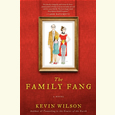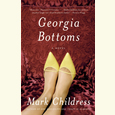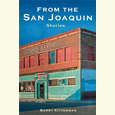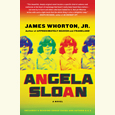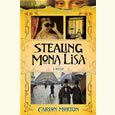August 25, 2011 In Barry Kitterman’s new story collection, From the San Joaquin, ordinary men and women seeking a brighter future—a home, a job, a love affair, a wedding, a child—face defeat as a result of difficult circumstances and their own inadequacies. Often the painful events of the past intrude upon the characters’ lives to change the course of their future, and rarely for the better. Ultimately, though, the author suggests that a meaningful life lies less in the accomplishments of years and more in the significance of each small moment truly lived. Kitterman will appear at the 2011 Southern Festival of Books, held October 14-16 in Nashville.
